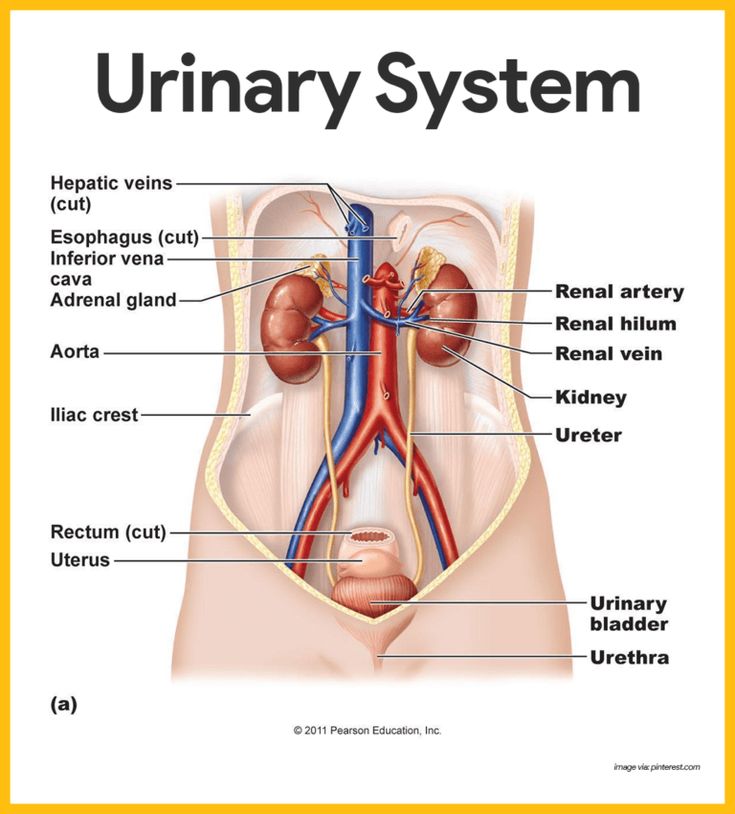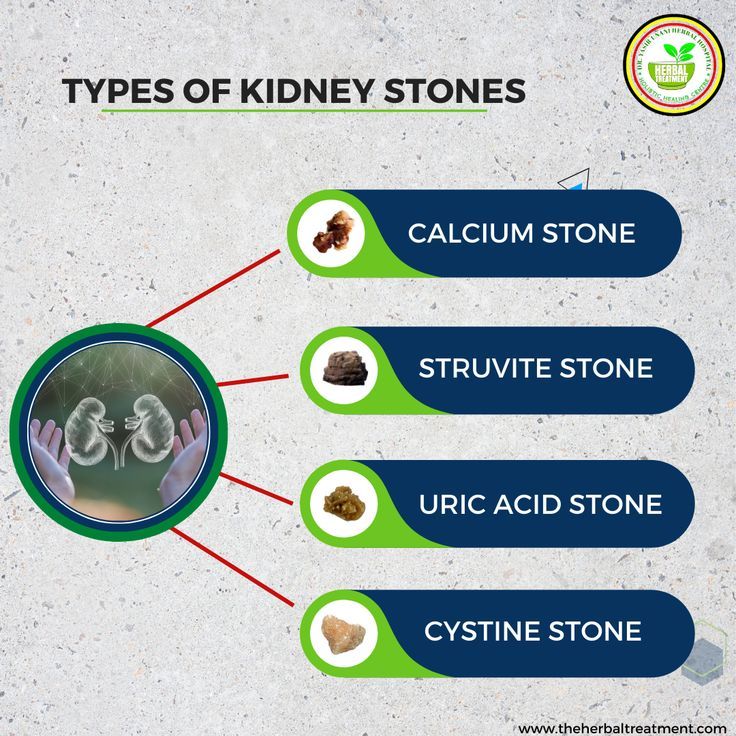In this article, you will know everything about kidney stones and all the symptoms, causes, and possible treatments for kidney stones. Kidney stones are hard calculus-like structures of minerals and salts that form in the kidneys. These stones may be very painful and uncomfortable as they travel through the urinary tract. To all those suffering from or at risk of kidney stones, the knowledge of their causes, symptoms, and treatment options is essential.
Female Urinary System
The female urinary system is made up of the kidneys, ureter, bladder and urethra. Each component is crucially involved in the process of blood filtering, waste removal, and excretion of urine. Kidney stones can occur in either men or women, but there are some sex-variables on risk and symptoms.
Expectant women may have different symptoms than men and also pathology such as pregnancy may influence the urinary tract. Interpreting the subtleties of presenting kidney stones in women is crucial for early diagnosis and treatment.

Male Urinary System
Also, the male urinary tract consists of the kidneys, ureters, bladder, and urethra. Yet men are, not only by the city but also by law, statistically at a higher risk of developing kidney stones, at least in part because of dietary lifestyle and differences in metabolism. Men often experience sharp, sudden pain when passing stones and may face higher risks associated with larger stone sizes.
Alternative Names:
- Renal calculi
- Nephrolithiasis
- Urolithiasis
What Are Kidney Stones?
Stones are hard concretions that arise from the precipitation of minerals and salts in the urine. They can vary in size from the size of sand grain to the boulders that can obstruct the urination process. Kidney stones can be categorized according to their chemical composition, which carries distinct risk factors and treatment options.
Types of Kidneys Stones:

Calcium Stones:
The most common type is often in the form of calcium oxalate. They can grow in cases of calcium complexation with oxalate or phosphate in the urine.
Uric Acid Stones:
Prevalence of. in people eating a high protein diet or those who are gouty. They shape when the urine is too acidic.
Struvite Stones:
Typically develops following a urinary tract infection and can expand rapidly and become huge.
Cystine Stones:
Caused by a genetic disorder known as cystinuria, where the kidneys excrete too much of the amino acid cystine.
How Common Are Kidney Stones?
Stones are a fairly common problem, afflicting about 1 in 11 individuals at some stage in their life. Prevalence is variable due to factors including location, food, and genetics. Humans are more vulnerable in warmer regions because of the higher risk of dehydration.
Symptoms of kidney stones:
Common symptoms of kidney stones include:
- Back, side, or lower abdominal pain of a severe nature.
- Pain during urination
- Pink, red, or brown urine
- Cloudy or foul-smelling urine
- Nausea and vomiting
- Frequent urination
- Fever and chills
The radiating pain of stones may change in its position depending on the course of the stone through the ureters. The strength of the illusion may fluctuate and can form into pulses.
When to See a Doctor?
Do not hesitate to seek medical help if you have strong pain that won’t disappear, painful urination, or symptoms of infection like fever and chills.

Kidney Stone Causes:
Kidney stones form when the urine concentration of crystallization agents (e.g., calcium, oxalate, and uric acid) is high.
- Low water intake
- certain food practices
- Obesity and specific medical diagnoses can heighten the risk.
What Are the Risk Factors for Kidney Stones?
Dehydration: Panting/whimpering/blabbing/hyperventilating/meningitis/retroposition expression is associated with an increase in urine concentration and is a risk.
Diet: Low concentrations of sodium, protein, and sugar intake could contribute to the formation of stones.
Family History: Because kidney stone are more likely to develop in individuals with a family history of kidney stones, this is the case.
Medical Conditions: Conditions like hyperparathyroidism, certain digestive diseases, and recurrent UTIs.
Medical Conditions That Increase Kidney Stone Risk:
Medical conditions such as cystinuria, hypercalciuria, and gout are thought to be conducive to the formation of a specific disease, Stone.
Diagnosis and Tests:
Doctors use various methods to diagnose kidney stones, including:
Imaging Tests: CT scans, X-rays, and ultrasounds.
Urine Tests: To identify substances that may contribute to stone formation.
Blood Tests: For increased levels of calcium or uric acid.
Kidney Stones Treatment:
Treatment for Stones is based on the size and type of stone:
Small Stones: This may more commonly be resolved with fluid intake and analgesics.
Medication: Because of this effect on the relaxation of ureters by medications, the stones can be moved more easily through the ureters.
Shock Wave Lithotripsy (SWL): A non-invasive procedure that breaks stones into smaller pieces.
Ureteroscopy: A thin scope is described, which is used to either extrapolate or pulverize a related stone.
surgical operation: In uncommon instances, larger stones might also require surgical removal.
How to Get Rid of Kidney Stones?
Increase Hydration: Drinking plenty of water helps flush out small stones.
Dietary Changes: Low intake of sodium, animal proteins, and oxalates is beneficial.
Medication: Drugs can be prescribed by doctors as a means of preventing the crystallization of certain stone types.
What Are the Complications of Kidney Stones?
Untreated kidney stones can cause headaches including:
Obstruction of the Urinary Tract: This can cause severe pain and infection.
Kidney harm: extended obstruction can result in permanent kidney harm.
habitual Stones: Stones are related to an extended risk of future stones.
Possible Complications:
Infections: Stones can increase the risk of urinary tract infections.
Sepsis: Infection can progress to severe levels, leading to life-threatening complications.
Who Is More Likely to Develop Kidney Stones?
Age: Most common in people aged 30-60.
Gender: Guys have a higher chance of kidney stones than ladies.
Family records: A genetic predisposition can play a function.
Conclusion:
Kidney stones are painful and disruptive, but by gaining insight into the potential causes, symptoms, and treatment choices, they can become easier to manage and prevent. If you experience symptoms of kidney stones, consult a healthcare professional for an accurate diagnosis and treatment plan.
FAQs
How do you get kidney stones?
Kidney stones are usually a result of some, often complex, interactions between dietary, genetic, and environmental factors. Illness in this group is further complicated by inadequate fluid intake and elevated consumption of protein, salt, or sugar, which elevate the risk.
What is the best kidney stones treatment?
The optimal treatment depends on the size and nature of the calculus stone. Small pebbles can be excreted with higher fluid intake, and larger pebbles require medical treatment such as SWL or intervention.
How to get rid of kidney stones naturally?
Getting well-hydrated and avoiding a low-sodium diet can encourage small stones to pass naturally. Consultation with a doctor to manage medication that will prevent stones is also beneficial.
What are the main kidney stones causes?
Common causes include high levels of calcium, oxalate, and uric acid in the urine, as well as factors like dehydration, diet, and underlying medical conditions.

